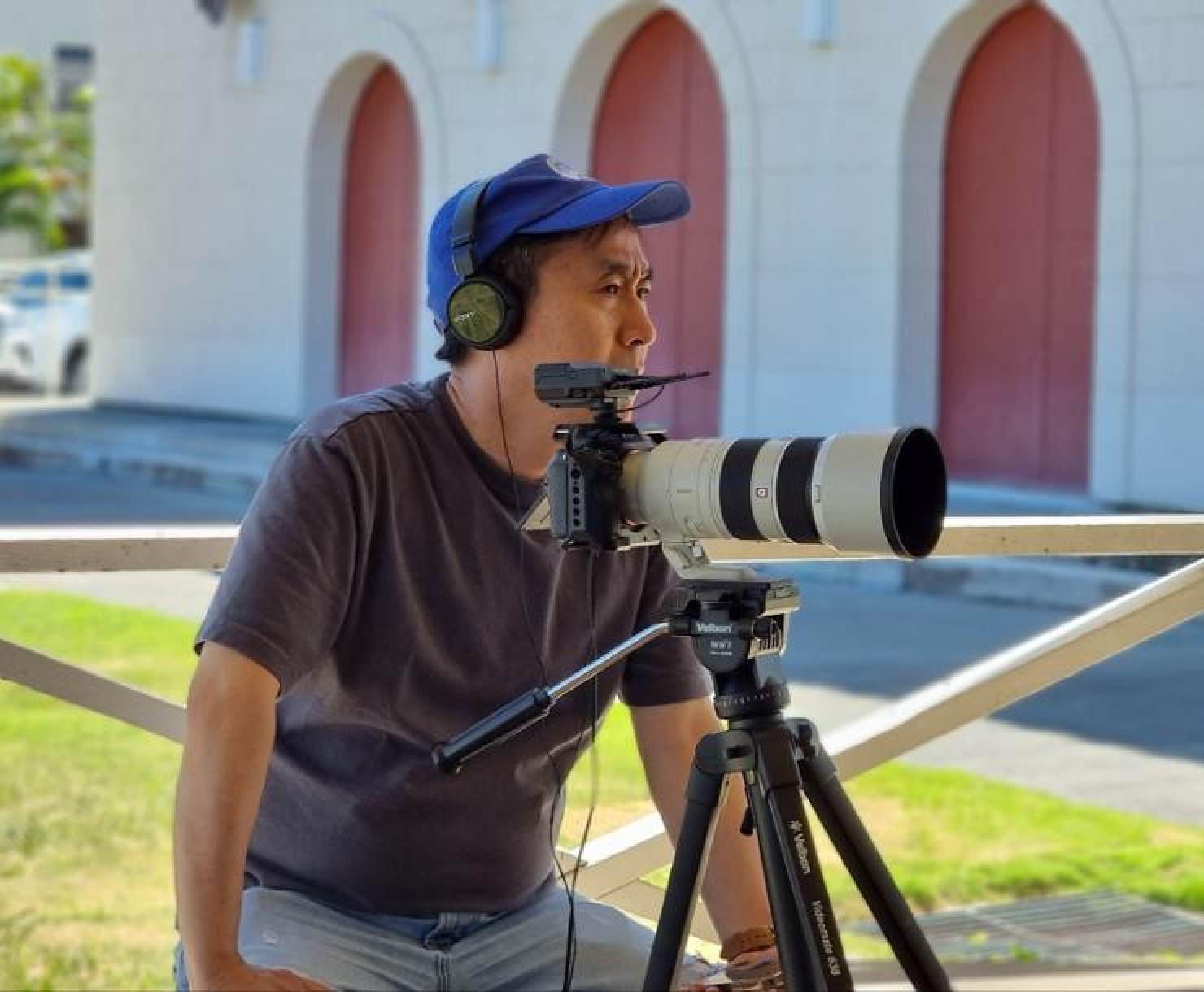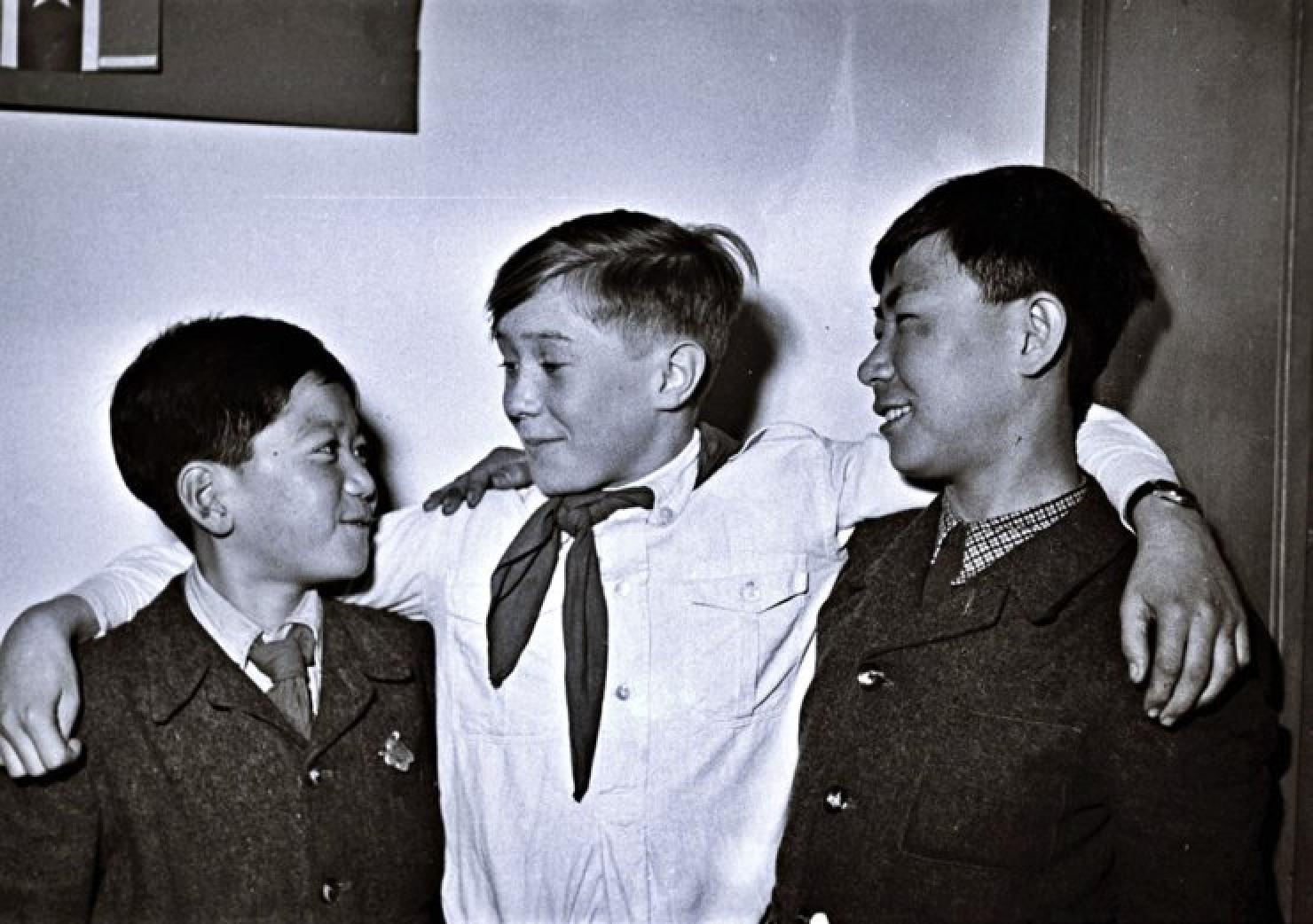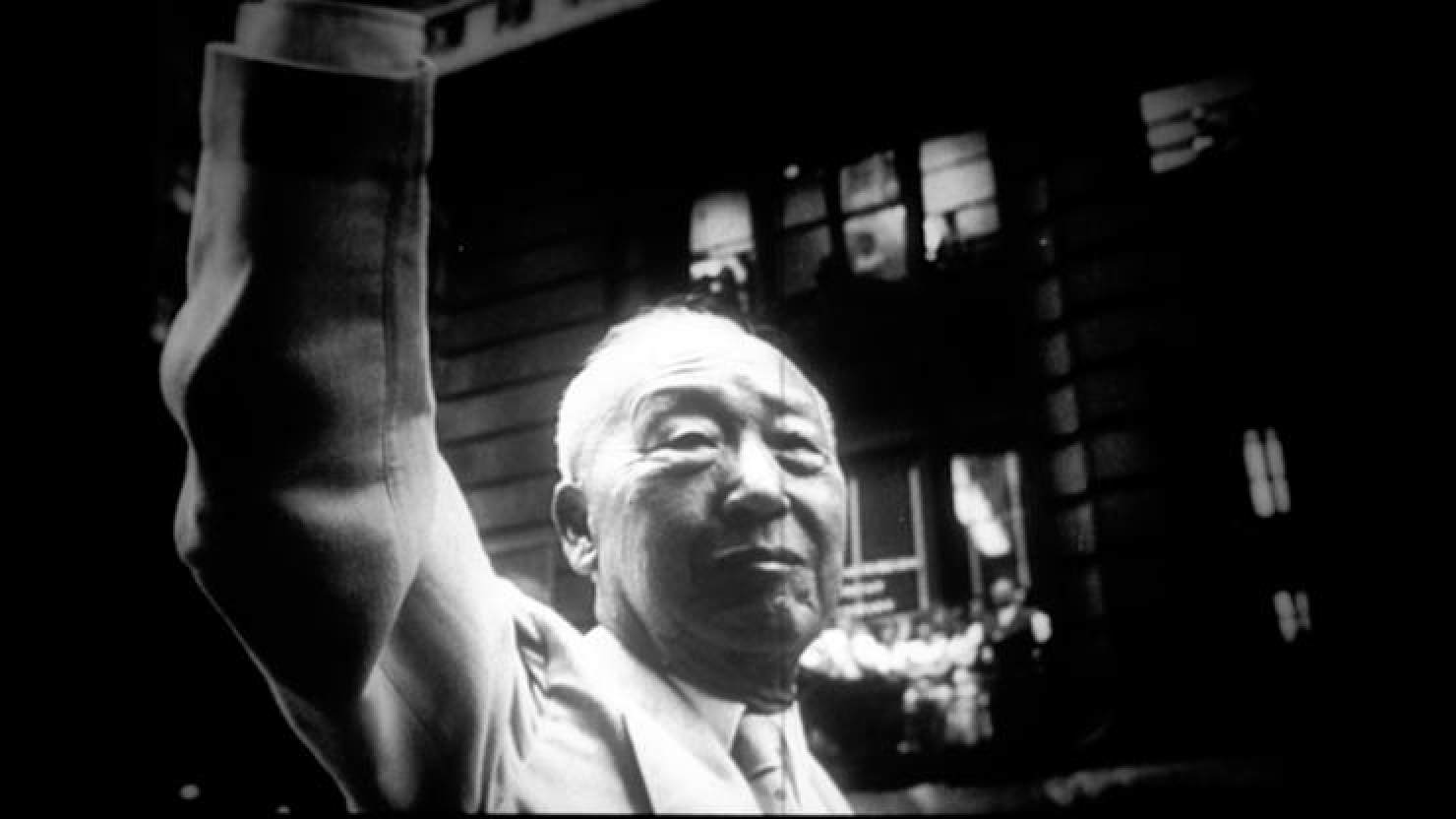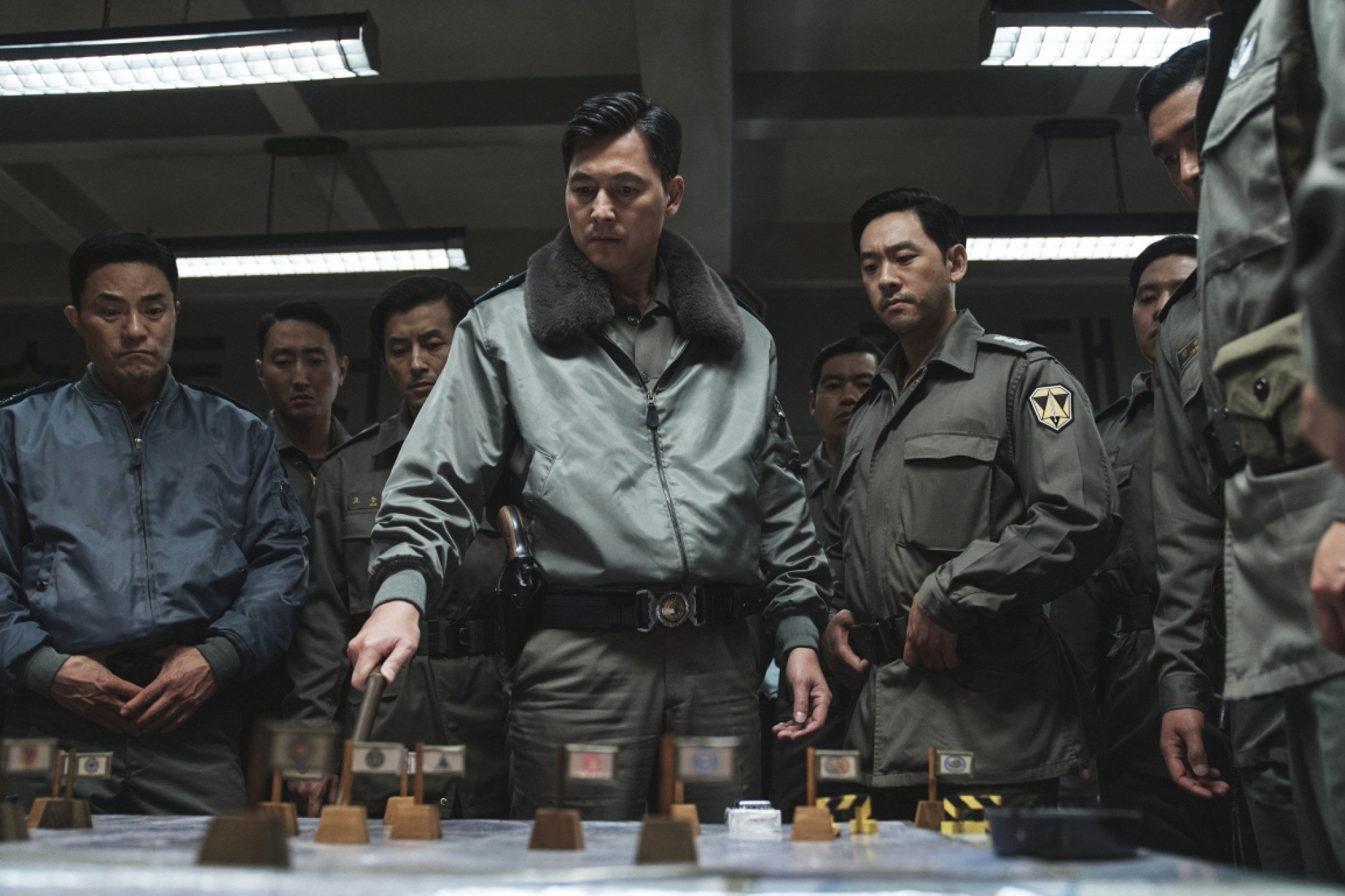
How documentary The Birth of Korea, an ode to South Korea’s first president, has taken country’s box office by storm – and reignited its culture wars
- In The Birth of Korea, Kim Deog-young dispels what he sees as decades of disinformation spread by North Korea about South Korea’s first president Syngman Rhee
- The filmmaker credits the politician with building ‘freedom and democracy’, but his film has reignited a war between South Korea’s right- and left- wing groups
By Kang Hyun-kyung
The Birth of Korea, a documentary depicting the life of South Korea’s first president, Syngman Rhee (1875-1965), has quickly become a must-see for movie-goers across the country since its release on February 1.
It’s rare for a politically-themed, low-budget, independent documentary film about a late former head of state, especially one who died almost six decades ago, to achieve box office success.

Kim Deog-young, also known as Young Kim, the director and screenwriter of The Birth of Korea, suggested that the reason his film has created such a buzz could be attributed to its role in dispelling decades of disinformation about South Korea’s first president.
He referred to this phenomenon as “the power of fact”.
From Joint Security Area to 6/45, top 10 South Korean films about North Korea
The Birth of Korea is Kim’s ode to Rhee, who the director believes has long been unfairly accused of being a self-serving, corrupt leader who prioritised the interests of the wealthy and powerful establishments.
“I realised that he was quite a good person,” he says. “I was emotional and wiped tears from my face several times while editing the film. I felt sorry for him because his legacy didn’t get due attention for the past decades.
“Contrary to public perception, Rhee was a patriot and an advocate for the have-nots, the weak and women’s rights.”
I never imagined that people’s reactions would be as profound as they have been
Kim claims Rhee’s legacy was distorted and contains a lot of misinformation spread by the North Korean regime and its supporters in the South.
“Rhee became a target of North Korea’s founder Kim Il-sung, who tried to discredit Rhee to establish a reputation that he was the only legitimate leader on the Korean peninsula.
“Here in South Korea, there were and still are North Korea sympathisers and they cooperated with Kim to paint Rhee as a pro-Japan politician,” he says.

Talk of The Birth of Korea spread quickly online as those who watched the film shared their favourable reviews. Social media platforms have been inundated with positive reviews.
Some viewers said they had complex feelings of sadness and regret because they realised their prior knowledge about the nation’s first president was not fact based.
The number of cinemas screening the film has increased from dozens to hundreds nationwide as it created a buzz.
“I anticipated that the documentary would have a significant impact on society because it brought to light several new facts about Rhee, some of which are quite shocking,” Kim says.
“But I never imagined that people’s reactions would be as profound as they have been. This is truly unbelievable.”
The Birth of Korea is a biopic of the late president, unearthing his legacies and lesser-known stories about his life.
‘We’re really pushing viewers’: Ma Dong-seok on Netflix’s Badland Hunters
Based on his thorough literary research and interviews with experts both at home and abroad over the past three-and-a-half years, Kim traced the footsteps of the former president.
According to the filmmaker, Rhee was not only an educator and humanitarian worker but also a visionary leader who laid the groundwork for South Korea’s meteoric rise as a prosperous, free democracy from the ashes of the Korean war (1950-1953).
“We owe Rhee a lot. He is the man who built the infrastructure of the freedom and democracy that we enjoy today,” he says.

“I wonder how many Koreans are aware that he was a leader in women’s rights. He established a school in Hawaii for the many Korean girls who were abandoned or neglected, without receiving proper care from their parents, and some who had become homeless.”
They were the children of Korean sugar cane plantation workers who migrated to Hawaii in the early 1900s.
“It was Rhee who championed the enfranchisement of women, leading to Korean women being able to exercise their right to vote as early as 1948, which preceded similar rights granted in countries like Switzerland and France,” he says.
The release of The Birth of Korea followed the phenomenal success of 12.12: The Day, a movie centred around a 1979 military coup that propelled military general turned authoritarian leader Chun Doo-hwan to power, which garnered 13 million viewers.
Throughout Moon’s five years in office, there was a surge of films portraying pro-democracy activists in the 1980s as heroes.

Kim says his documentary wouldn’t have been as successful as it is today if it had been released when Moon was president.
“It wouldn’t have created a buzz,” he says.
Conservative politicians continue to endorse the documentary on social media.
Han Dong-hoon, interim leader of the ruling People Power Party (PPP), watched the movie on February 12 in a theatre near the National Assembly. Han told reporters that Rhee made several critical decisions which helped South Korea become what it is today.
“Without the Mutual Defence Treaty signed between South Korea and the United States on October 1, 1953 and the land reform policies, the nation would have been very different from what it is today,” he said.
South Korea’s Land Reform Act, enacted in 1949, stands as a pivotal measure that facilitated the transition of tenant farmers into landowners. This shift played a significant role in propelling the nation toward double-digit economic growth while maintaining relatively low income inequality during the 1970s.
The Moon Thieves: Mirror pop idols star in entertaining heist thriller
On the security front, the Mutual Defence Treaty has been instrumental in safeguarding South Korea against further invasions from North Korea.

